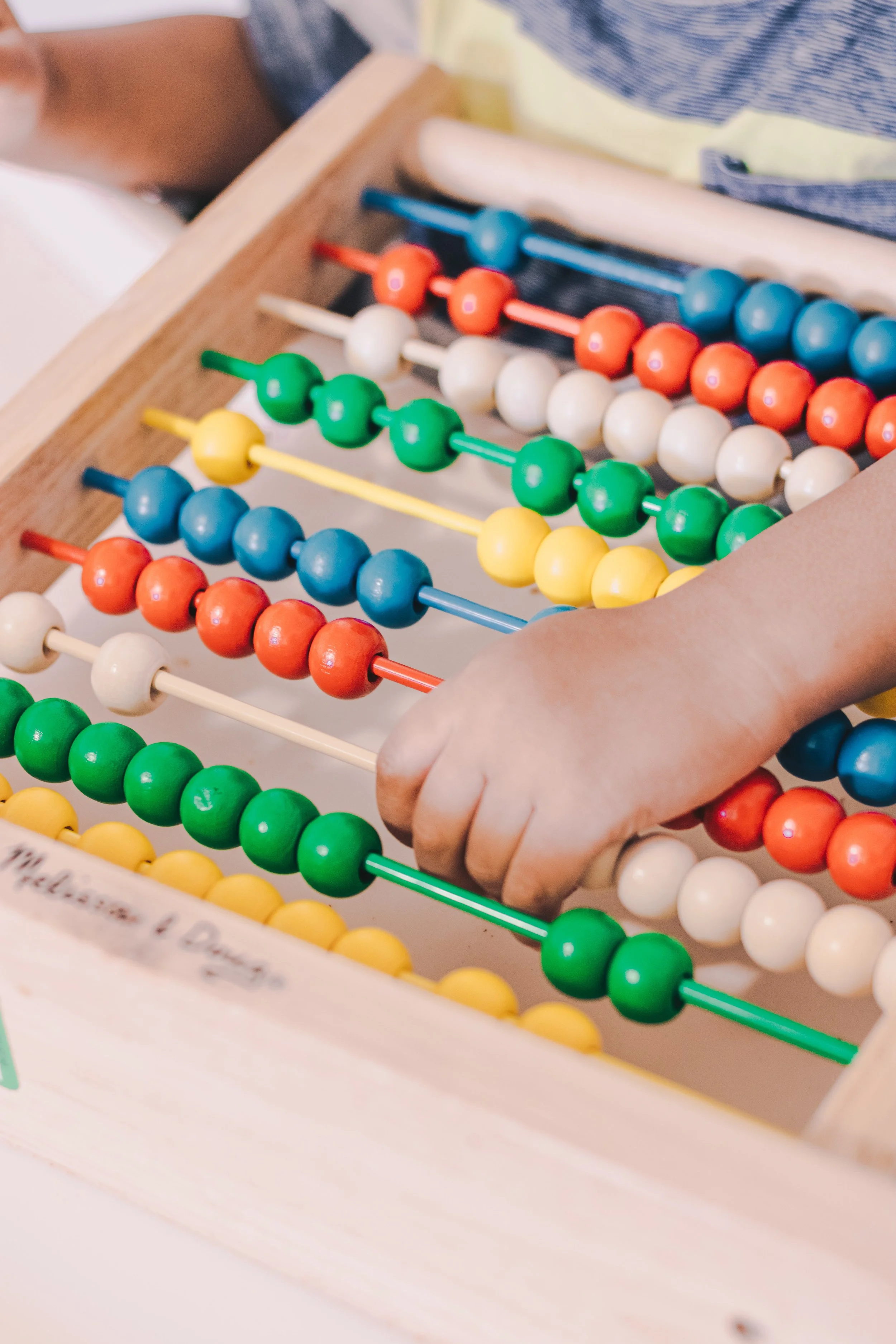Do you have children who get REALLY upset and have trouble returning to calm?
See children grabbing or otherwise struggle to control their impulses?
Or, have one or more children in your preschool class who are bursting with energy and can’t seem to “down-regulate” and pay attention during story time or morning meeting?
If so, you may have wondered how best to teach children to self regulate.
It’s easy to think that the best way to teach something is to practice doing the thing.
Logic might suggest that to help children self-regulate we should remind them of calm down techniques when they're upset, remind them to control their impulses when they want something or have them practice sitting quietly as a way to teach self-regulation (and “get ready” for kindergarten).
But for many children those things do not seem to help with self-regulation!
…And in some cases reminding children to breathe to return calm, use their words rather than grab, or be quiet and sit still at circle seems to have the opposite of the desired effect!
Well, what if there’s a better way to teach self-regulation?
3 ways to be exact.
First, having “warm and responsive interactions with adults” enables children to co-regulate with their teachers. So by staying calm, loving and responsive is key. Learn more from this article by NAEYC if this is new information for you.
Second, long periods of open ended free play and make believe play enables children to cope with disappointment, develop their attention spans, negotiate conflict and *children learn to internally control their behavior to match with the pretend roles they take on which is a skill that transfers to controlling their behavior at other times! Learn more from this Tipsheet by Illinois Early Learning.
Third, one of the best ways for children to learn self-regulation is through movement games! This, my friend, is a VERY underutilized way to teach this important skill these days. I highly recommend that you read this article by Rae Pica to learn more.
What do you think? Were any of these ideas new for you? Have you already been intentionally making good use of these 3 ways to promote self-regulation in young children?
Let me know in the COMMENTS BELOW.

